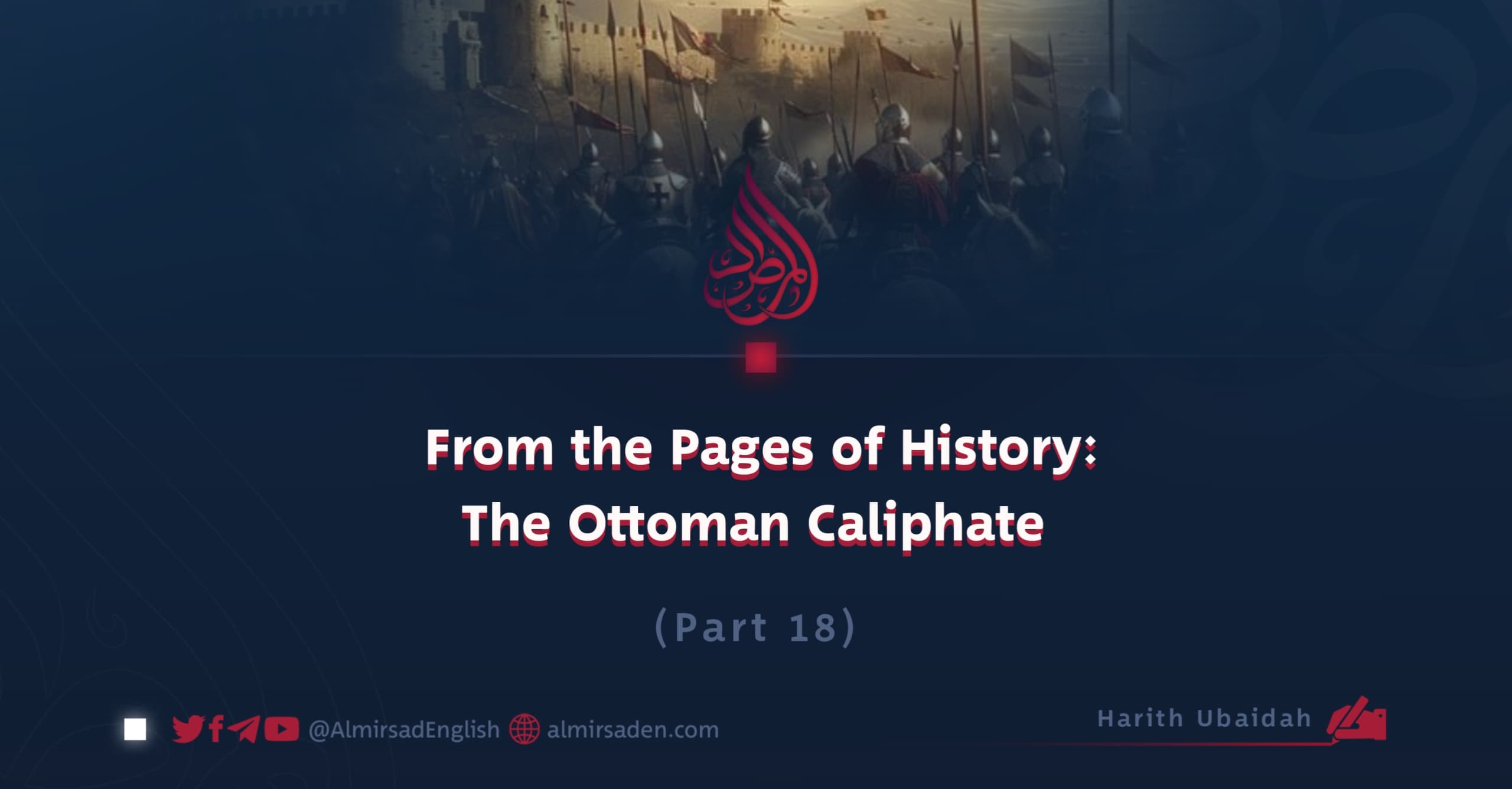Part 18
Harith Ubaidah
Aftermath of Nicopolis: Humiliation of European Powers
During the Battle of Nicopolis, numerous prominent French commanders were captured, the most notable being Jean de Nevers. Sultan Bayezid released them all in exchange for ransom. Jean de Nevers was also freed, having sworn never to return to the battlefield. Bayezid, however, responded:
“I grant you permission. Should you wish to return to the battlefield against me, you are welcome. For there is nothing I enjoy more than waging war against all the Christians of Europe and emerging victorious.”
As for the King of Hungary, whose arrogance once led him to declare, “Even if the sky were to fall upon us, we would lift it with our swords”, he also fled the battlefield. With him was the Grand Master of the Knights of Rhodes. Upon reaching the shores of the Black Sea and spotting anchored Christian vessels, they boarded one and escaped.
Following this devastating defeat, Hungary’s prestige in Europe declined sharply. The fear once associated with its name vanished. In contrast, Bayezid drew great inspiration from the victory, and celebrations erupted across the Islamic world. Drums of triumph echoed throughout the East, and Bayezid dispatched envoys to Islamic courts bearing news of his success.
These emissaries brought Christian prisoners as tokens of victory, symbols of Bayezid’s dominance over European forces. He adopted the title Sultan of Rum, asserting his role as the rightful successor to the Seljuks and sovereign of Anatolia.
Recognition by the Abbasid Caliph
Bayezid then traveled to Cairo to seek formal recognition from the Abbasid Caliph. He requested legal, religious, and political endorsement of his authority over the lands once ruled by his forefathers. This request elevated the prestige of the Ottoman state within the Islamic world.
Sultan al-Malik az-Zahir Barquq, the Mamluk protector of the Abbasid Caliph, granted Bayezid’s request and recognized him as the legitimate ruler. Barquq viewed Bayezid as the only capable Muslim leader who could challenge the looming threat of Tīmūr-e-Lang (Tamerlane) in Central Asia.
As danger approached the Ottoman borders, thousands of Muslims from Anatolia migrated into Bayezid’s realm. Among them were warriors eager to join the jihad, as well as scholars, economists, and professionals, many of whom had served in the courts of Iraq, Iran, and Transoxiana. Others simply fled the violence of Tamerlane’s campaigns, seeking refuge in the Ottoman Empire.
The Siege of Constantinople
Even before the Battle of Nicopolis, Bayezid had exerted mounting pressure on the Byzantine Empire. Muslims in Constantinople were granted judicial autonomy through the appointment of a qadi (Islamic judge). Soon afterward, Bayezid laid siege to the city, forcing the Byzantine emperor to accept several Ottoman demands.
Among these was the construction of 700 Muslim houses within the capital, including mosques and communal spaces. Additionally, half of the city’s developed land was handed over for use as recreation grounds by the Ottoman army.
Bayezid also imposed new taxes on the Byzantine state, levying tributes on vineyards and farms outside the city. All of this enriched the Ottoman treasury. The adhan (call to prayer) was permitted to be proclaimed openly within the capital.
In the wake of Nicopolis, the Ottomans consolidated their grip over the Balkans, spreading fear among the local populations. Bosnia and Bulgaria swiftly submitted to Ottoman rule. Remaining Christian militias were eliminated, preventing their return to the battlefield. Bayezid also punished the governor of Morea (Peloponnese) for siding with the Crusaders.
Although Bayezid could have exacted harsh retribution against the Byzantines, he instead demanded their total surrender. Emperor Manuel responded by appealing to Western Europe for aid. Yet for Bayezid, the siege of Constantinople was not merely strategic. It was deeply ideological, part of a grand vision rooted in jihad.
With a formidable army, Bayezid resumed a fierce siege of the Byzantine capital. The blockade was so tight that the city’s fall seemed imminent. Europe braced for the collapse of the ancient city. Yet, Bayezid ultimately lifted the siege to redirect his forces eastward.



















































